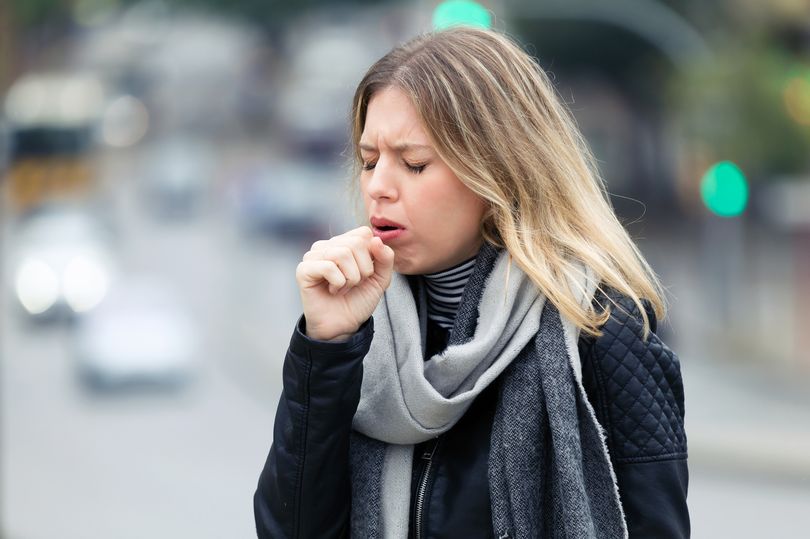
RAPID RISE OF MUTANT COVID STRAIN WITH NEW SYMPTOMS AS CASES RISE
Health chiefs in Ireland have shared a Covid update as they confirm that the KP. 3 variant, a new strain of the virus, is on the rise across the country.
Dubbed 'FLiRT', this mutation is part of the Omicron family and has hit headlines for its potential to be more infectious and resistant to vaccines due to specific genetic alterations it carries, separating it from earlier forms of the Covid-19 virus.
In a significant surge, the Health Protection Surveillance Centre (HPSC) uncovered that KP. 3 variants made up 55% of all confirmed Covid cases over the past five weeks - a stark jump from the 13.4 per cent seen in the preceding five-week period.
The HPSC elaborated: "KP.3 lineages accounted for 55.0% of sequences for weeks 23 to 27, 2024. This compares to 13.4 per cent for weeks 18 to 22, 2024. While KP.3 (and sublineages) appear to have a growth advantage over other variants, there is no evidence that it (or any other currently circulating lineage) is associated with more severe disease."
Overall, case numbers climbed by 135 to 982 confirmed diagnoses of Covid during the week of July 14th to 20th compared to the week before. Hospital cases also increased by 69 to 399 during that same timeframe, reports the Irish Mirror.
The HPSC has warned that Covid is still transmitting at moderate to high levels across Ireland, urging the public to stay alert for symptoms and to continue efforts to prevent its spread, especially to shield those who are vulnerable.
A representative stated: "As in previous waves, widespread circulation of Covid-19 often leads to an increase in people experiencing severe disease. Increased circulation in the community also leads to increased numbers of outbreaks in nursing homes, hospitals and other healthcare settings, putting vulnerable patients at risk of infection and leading to Covid-19-related healthcare staff shortages."
They added: "This current wave is a reminder that Covid-19 continues to circulate throughout the year and remains a considerable burden on the population and our health services when circulation is high."
The spokesperson emphasized: "It is important to remain vigilant for Covid-19 symptoms and take steps to prevent spread in both the community and in healthcare settings, to protect vulnerable people at high risk of severe COVID-19 disease."
- Aer Lingus sale means you can fly from US to Ireland from just $399 round-trip
- Data reveals most common dog illnesses across US states
Despite the pandemic's onset over four years ago, the virus persists, with symptoms that have largely remained unchanged.
C. Leilani Valdes, MD, a pathologist and medical director at Regional Pathology Associates in Victoria, Texas, informed health.com that individuals who contract KP.
3 can anticipate experiencing symptoms similar to other recent Covid variants. He stated: "KP.3 symptoms resemble typical Covid symptoms, including fever, cough, fatigue and loss of taste or smell. Some individuals may also experience a sore throat, headache or muscle pain."
The HSE lists fatigue, a high temperature/having chills and a dry cough as the top three Covid symptoms to look out for. Less common symptoms of Covid, according to the HSE, include loss or change to your sense of smell or taste, runny or blocked nose, conjunctivitis, sore throat, headache, muscle or joint pain, different types of skin rash, nausea or vomiting, diarrhoea and chills or dizziness.
If you have any of these symptoms, the HSE advice is to stay at home and avoid contact with other people for 48 hours after your symptoms are mostly or fully gone. If you test positive for Covid, the current advice is to stay at home and avoid contact with other people for five days from the date you first had symptoms.
For the latest local news and features on Irish America, visit our homepage here.
2024-07-26T09:50:59Z dg43tfdfdgfd